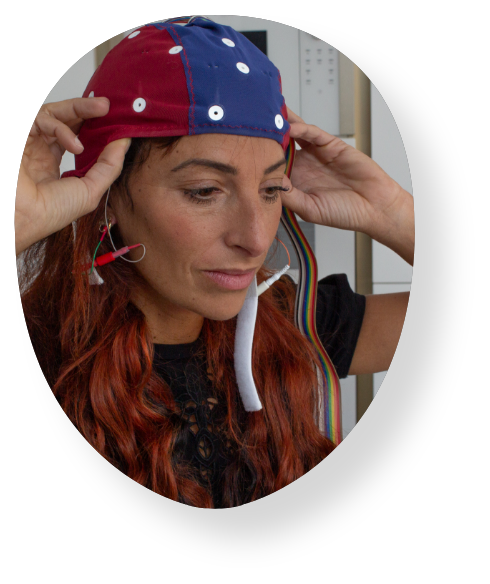Everyone is coming from a different place and everyone’s goals are different.
We prioritise your training to meet your goals, and you can expect to get a good degree of movement towards those goals.
The shifts are so organic to the brain that the way you feel and act seem perfectly natural – and it is, as you are acting more like yourself and less from automatic reactions. It doesn’t mean you won’t encounter life’s problems anymore, it just means you’ll handle them in a healthier way and the feelings won’t linger as before.







